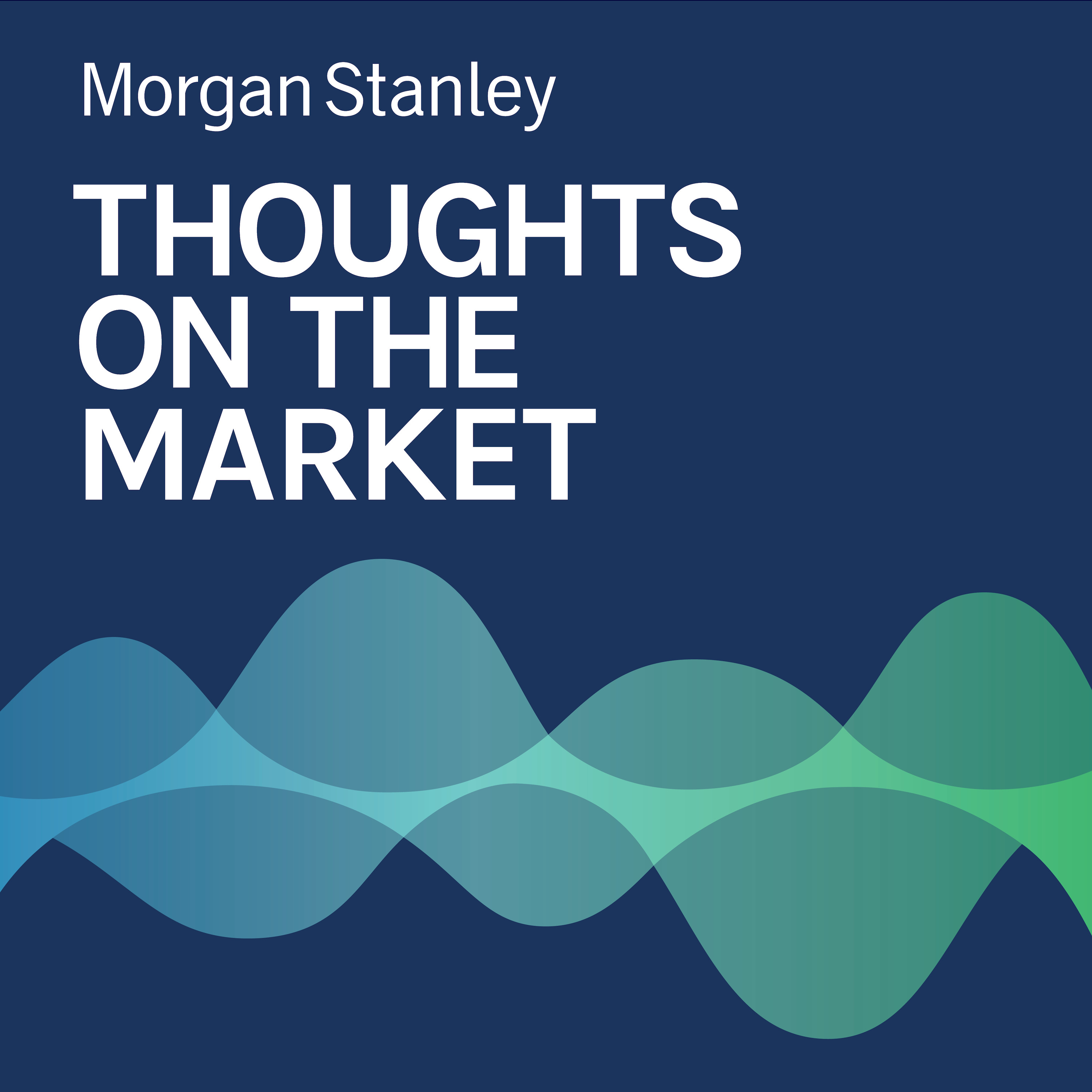Martijn Rats: Uncertainty for Oil and Gas

b"
As the conflict between Russia and Ukraine continues to unfold, implications for the oil and gas sector in Europe are beginning to take shape.
Important note regarding economic sanctions. This research references country/ies which are generally the subject of comprehensive or selective sanctions programs administered or enforced by the U.S. Department of the Treasury\\u2019s Office of Foreign Assets Control (\\u201cOFAC\\u201d), the European Union and/or by other countries and multi-national bodies. Any references in this report to entities, debt or equity instruments, projects or persons that may be covered by such sanctions are strictly informational, and should not be read as recommending or advising as to any investment activities in relation to such entities, instruments or projects. Users of this report are solely responsible for ensuring that their investment activities in relation to any sanctioned country/ies are carried out in compliance with applicable sanctions.
-----Transcript-----
Welcome to Thoughts on the Market. I'm Martijn Rats, Global Commodity Strategist and Head of the European Energy Research Team for Morgan Stanley. Along with my colleagues bringing you a global perspective, I'll be talking about developments in the oil and gas sector amidst geopolitical tensions. It's Tuesday, March 1st at 2:00 p.m. in London.
As the situation between Russia and the Ukraine continues to develop, implications for commodity markets are beginning to take shape. Russia is a major commodity producer, playing in an especially important role in providing energy for Europe through oil and natural gas imports. With a new round of sanctions announced over the weekend, the precise impact on prices remains to be seen, but we can begin to forecast the direction.
First, there is no sign at this stage that, at least at the aggregate level, the flow of commodities has been impacted yet. All of the pipeline and tanker tracking data that we've seen suggests that they continue to be shipped. That shouldn't be too surprising, it's still early days and the sanctions that have been announced so far have been carefully crafted to reduce the impacts on energy flows from Russia.
Second, trade patterns will nevertheless likely shift. We can already see this in the oil markets. European refiners are traditionally big buyers of Russian crudes, and even though technically they have continued to be able to buy these grades, they are increasingly reluctant to do so. There have been indications that ship owners are reluctant to send vessels to Russian ports, and that European buyers are uncertain about where sanctions will ultimately go. This is requiring increasingly large discounts. As many buyers already move away from Russian crudes, this also creates more demand for others, including North Sea crudes, which therefore drives up the price of Brent.
Third, all of this is happening against the backdrop of tightness in both global oil markets and the European gas markets. We are seeing low and falling inventories, low and falling spare capacity and low levels of investment across both. At the same time, there is a healthy demand recovery ongoing as the world emerges from COVID. Given this tightness, even a modest disruption can have large price impacts. Now, with that in mind, risks to oil and gas prices are still firmly skewed higher, at least in the short term.
Finally, I want to point at the growing tension in Europe between diversification and decarbonization. Several key politicians have said over the last several days that Europe should reduce its dependance on Russian oil and gas, and diversify its sources of supply. At the same time, Europe has set ambitious targets to decarbonize. Diversification requires investment in new supply, while decarbonization then requires that those supplies, in the end, will not be used. How that tension will be resolved is hard to know, but this is an issue that at some point will need to be addressed.
Bottom line, there is still a lot of uncertainty for commodity markets in the coming weeks and months. We will keep you posted, of course, as new developments take shape.
Thanks for listening. If you enjoy Thoughts on the Market, please leave us a review on Apple Podcasts and share the podcast with a friend or colleague today.
"